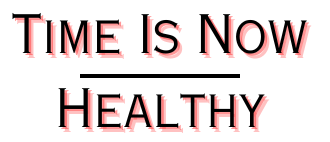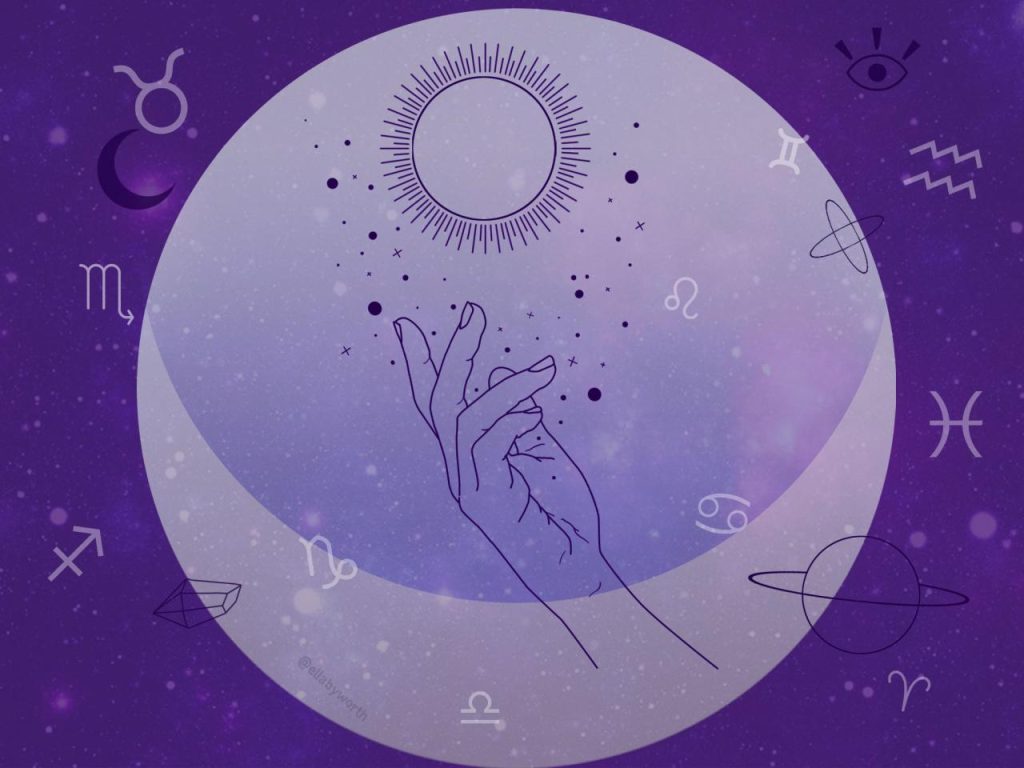Prepare for a lot of chat about your circadian rhythm in the year ahead.
The Global Wellness Summit has released its annual Future of Wellness list, predicting all the big health trends for 2020.
They’ve been doing this for 15 years and the predictions are nearly always spot on, so this list is a pretty good indicator of what the year ahead will look like in terms of physical and mental health.
So, what’s on the agenda?
Circadian health
After the emphasis on clean sleep back in 2017 and years focused on the sleep industry – from fancy mattresses to sleepy teas to sleep-tracking apps – 2020 will see an adjustment in the way we talk about our snoozing.
Expect any conversation or product launch focused on sleep to emphasise the importance of circadian rhythms, the roughly 24-hour cycle of living things.
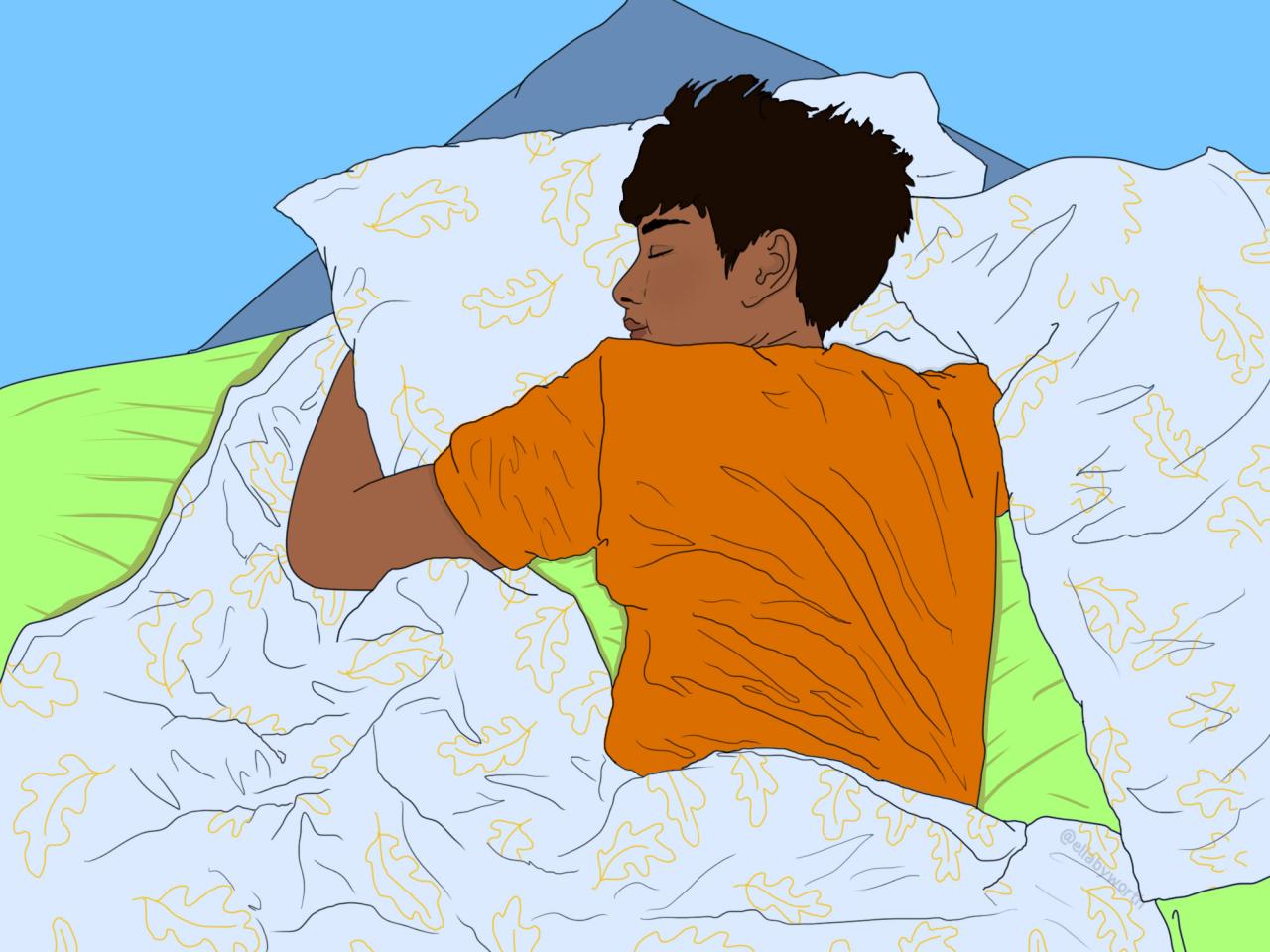
This won’t just be for sleep, mind you. You’ll also spot more people taking on the circadian diet or working with their circadian rhythms to be more productive.
It’s predicted that we’ll see more lighting options tied to the circadian cycle, new technologies to combat jet lag and fatigue by using circadian rhythms, and a drive to rethink our relationships with time, light, and our everyday lives.
Mental health and technology
No, we won’t keep demonising technology as a universal force for mental woes.
Instead, 2020 will see us using more technology to look after our mental wellbeing.
That may mean more virtual therapy, mindfulness apps, and wearable tech to monitor our moods.
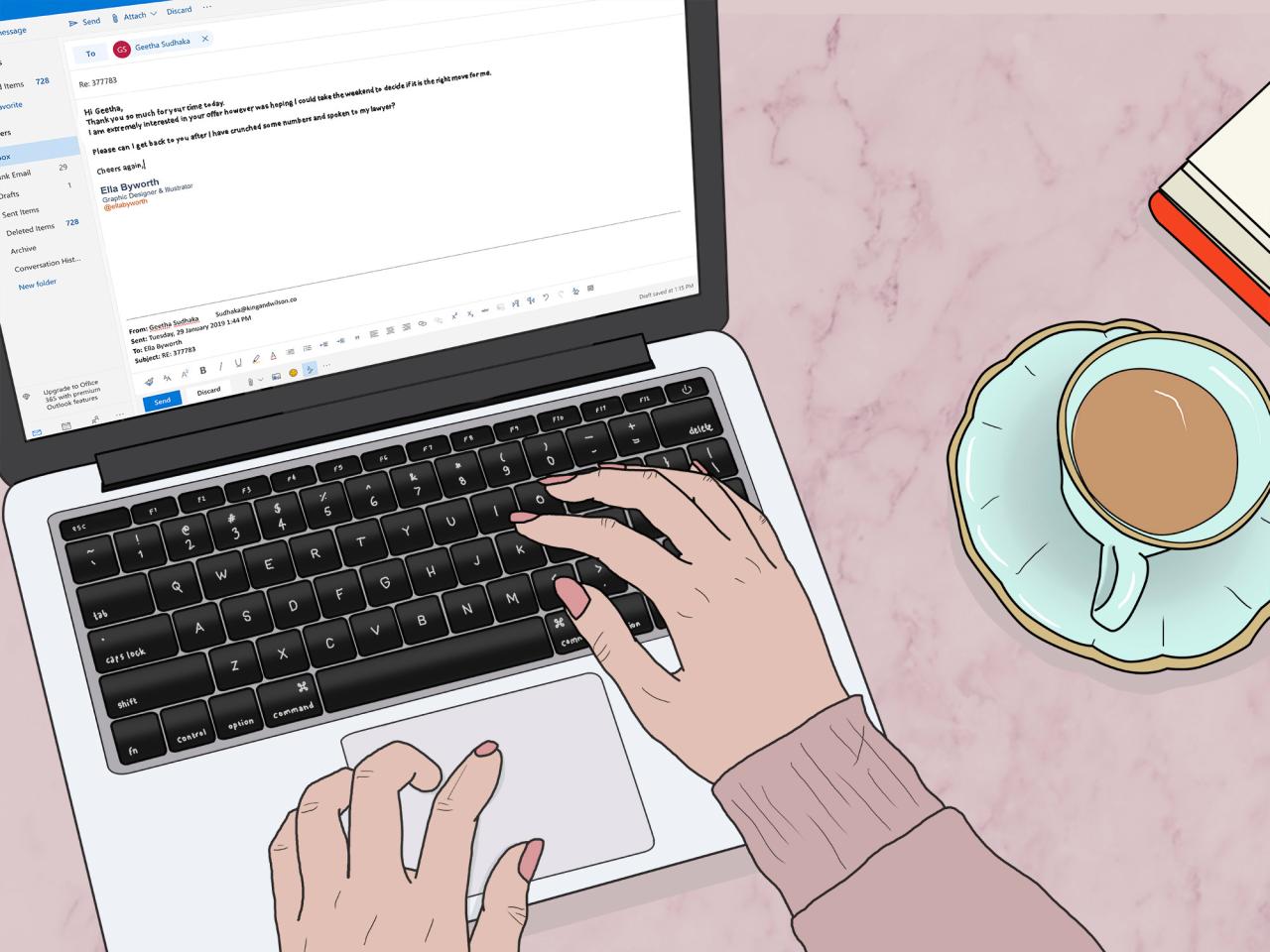
J-Wellness
Remember when K-beauty was all the rage? Now the focus has swapped to Japan.
The world will take note from Japan’s explorations of wellness, from social robots to forest bathing.
Energy medicine
Okay, so all we all saw that clip of Julianne Hough having an exorcism-like energy healing experience.
Expect more of that.
The report predicts that ‘discoveries about the energy body will disrupt medicine’, that there will be more travel destinations promoting their positive energy, and that we’ll all be thinking about how to manage our negative energy, whether through tech or other means.
Some things to research to get you started: PEMF therapy, light therapies, chakra balancing, transcranial direct brain stimulation, reiki, and vibrational plates and pulse massage.
Organised religion
You’re going to see more religions and wellness techniques mixing and mingling.
There’ll be a focus on spirituality weaved through your typical yoga class, whether in the form of prayer or a reliance on crystals.
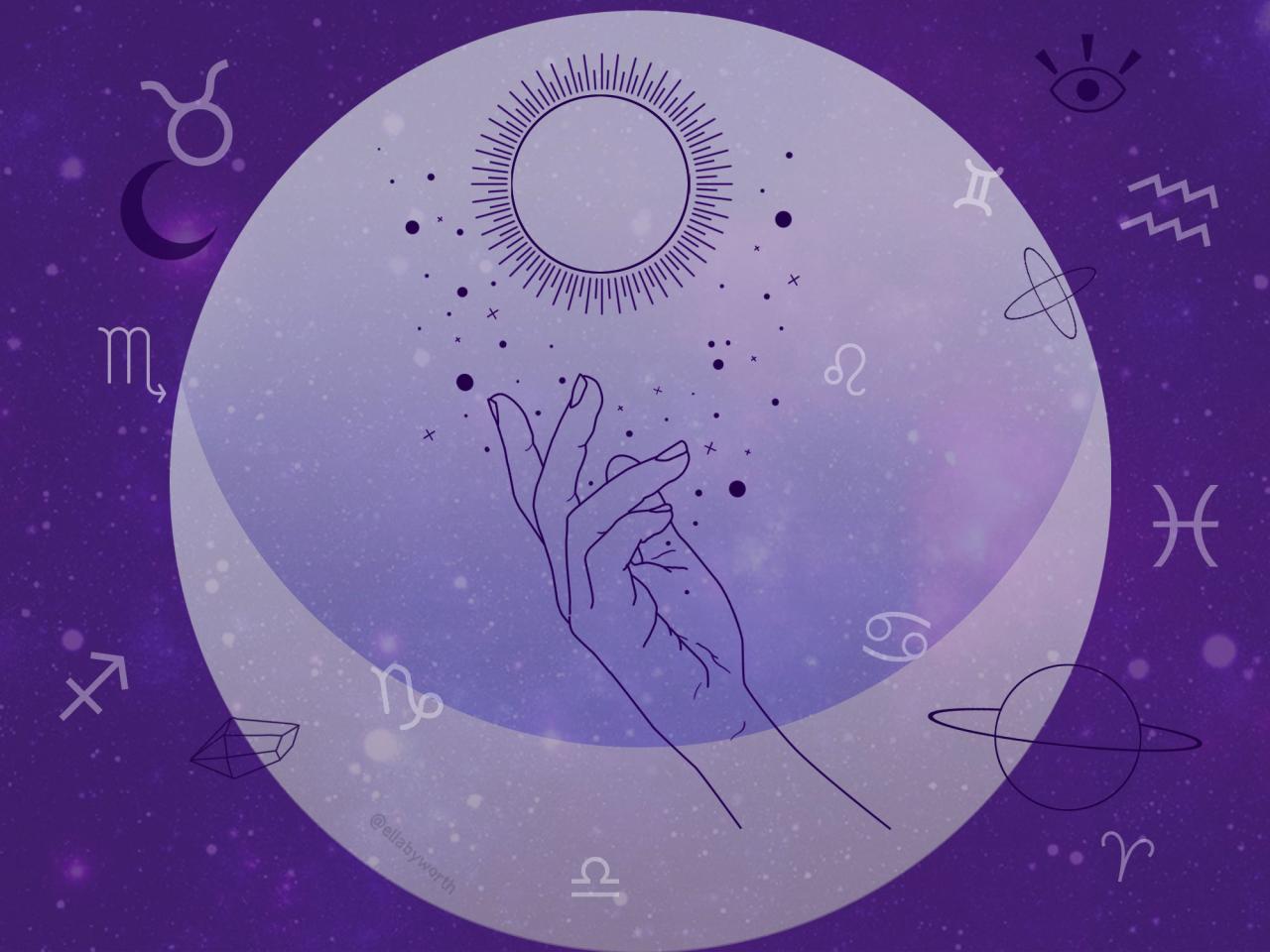
Wellness sabbaticals
Basically a trendy term for a long, relaxing holiday, the report defines a wellness sabbatical as ‘three weeks (or longer) of focusing on your health and wellness—enough time to make lasting lifestyle changes.’
At a time when burnout is rife and wellness retreats are growing in appeal, it’s not surprising that people are using their annual leave to heal rather than party on the beach.
The report says: ‘The most successful wellness sabbaticals will be those where the work and wellness programming is flexible but specific to each person’s unique needs.
‘The design of the programs will be according to the best evidence-based science. Ideally, these programs will be conducted in beautiful natural settings. Movement and exercise options will abound.
‘Healthy food will be the only option on the menu, and stress-reducing treatments, meditation and healthy sleep will be high on the priority list.
‘Wellness education sessions will be interspersed with work and social interaction. Occasional outings will be on offer and having fun will be encouraged!
‘Most importantly, attention will be given to finding the ideal personal balance of work and wellness pursuits. Conventional wisdom points to a minimum of 21 days to make lasting lifestyle changes—exactly what we see as ideal for a wellness sabbatical.’
The fertility boom
This year will see people becoming more empowered to ask questions about fertility, with the choice to have children taking on more importance in the world of healthcare.
Wellness music
2020 will see us go beyond lo-fi beats to relax to and instead opt for music and sound as a form of therapy.
Give a gong or crystal sound bath a go to see the power of auditory stimulation on mental wellbeing, then try meditation apps, hypnotherapy, and music designed to help you sleep, relax, or feel more energised.
We’ll see more tech in this area in the next 12 months.
You may also like
-
Daily Fitness Challenge: Can you do these V-sits for a minute?
-
Southern Charm’s Ashley Jacobs Says ‘Pressure of Filming’ Caused Her to Lose Weight
-
Pippa Middleton Opens Up About Entering Third Trimester as She Reveals Go-To Pregnancy Workout
-
Grant Gustin Slams Body Shamers Who Mocked Him After The Flash Costume Surfaces Online
-
Why the New Movie Tully Is Causing Controversy over Postpartum Depression Storyline
